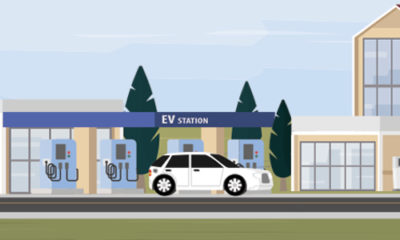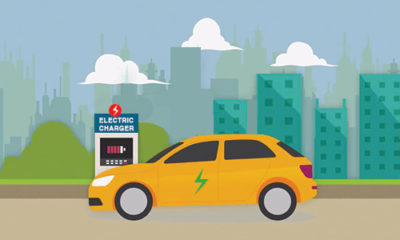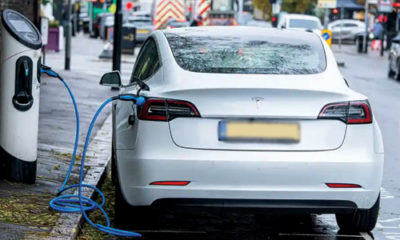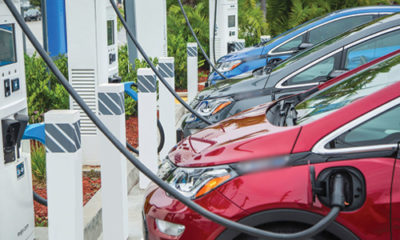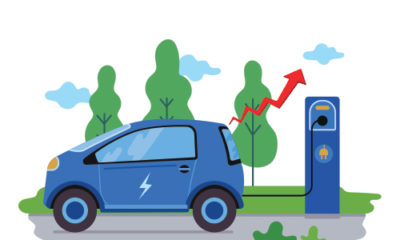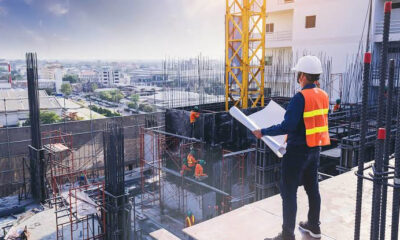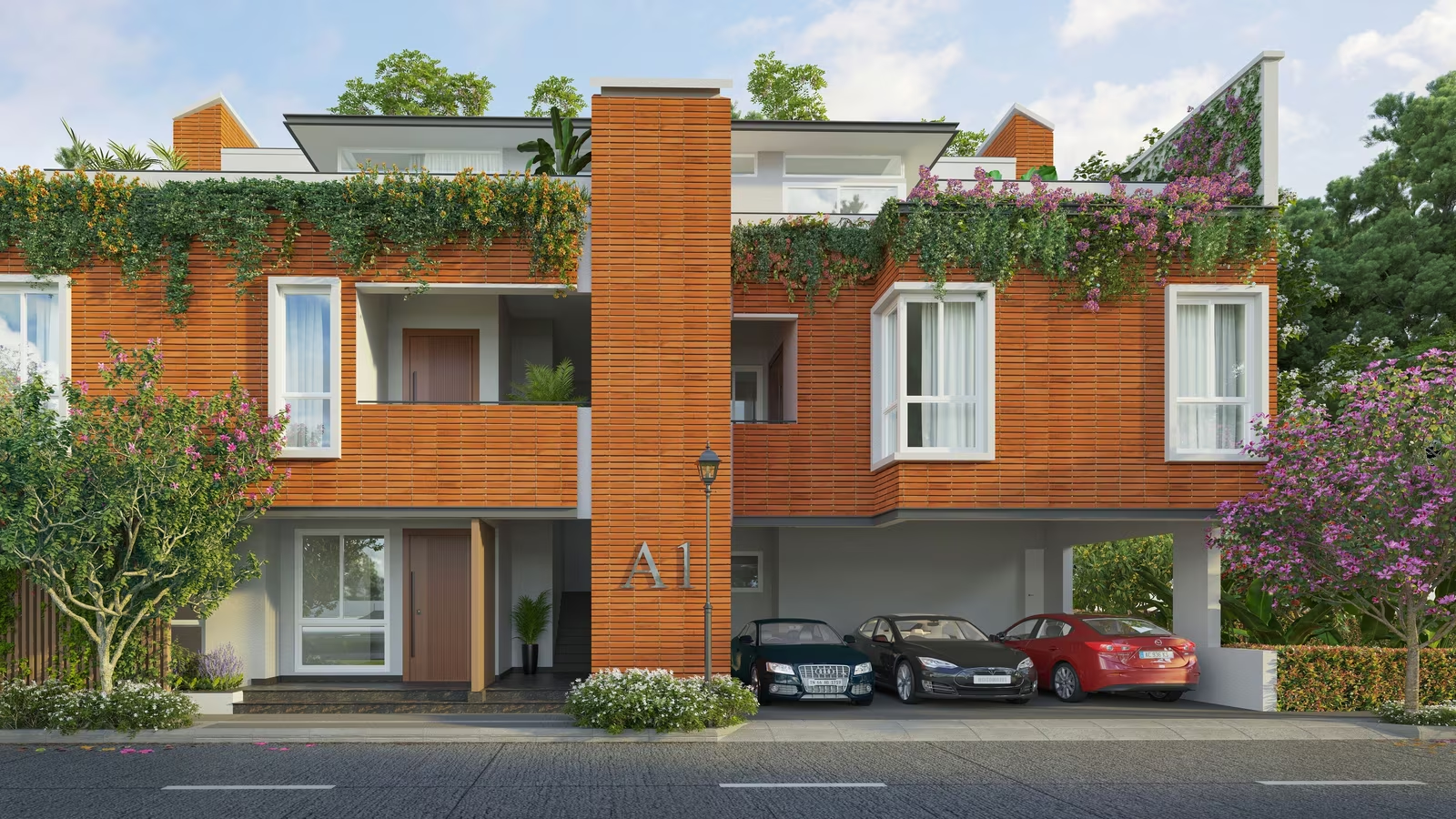News
EV chargers: power, cost and specifications
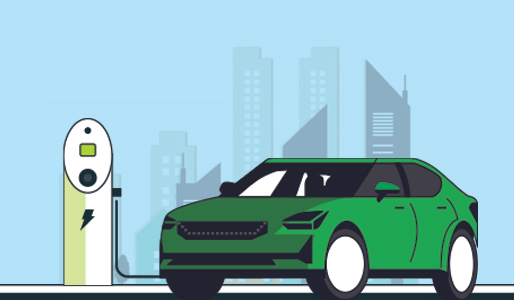

Source: https://evcd.in/ev-chargers-power-cost-and-specifications/
With the rise in popularity of EVs, the charging infrastructure is also growing in the country. Though there are many types of chargers available in the market, the essential difference is in terms of levels, or the speed at which they charge the battery pack. We explain more about L1 and L2 chargers, their speed, cost and other vital features.
Government efforts in promoting electric vehicles, coupled with private sector initiatives and increased public awareness, have led to the popularity of these environment-friendly vehicles in the country. Besides their zero-carbon emissions, EVs are known for lower operating costs as compared to combustion engine-based vehicles, and that’s the reason they are becoming preferred vehicles of consumers.
As the sales of EVs rise in the country, the charging infrastructure is also getting strengthened. In the past few years, the Government has partnered with various public and private organisations to set up charging stations. EV chargers are now being installed on all major highways and tourist spots to cater to increasing charging needs of the consumers.
- Level 1 (L1) charging is the slowest type of EV charging. L1 chargers plug into the normal three-pin home socket. This type of charging takes around 10 to 12 hours to fully charge an EV from 0-100 per cent.
- Level 2 (L2) chargers are AC fast chargers. These chargers operate between a voltage range of 180V and 240V. L2 chargers provide an output of more than 3kW to around 19kW.
There are many types of EV chargers available in the market, and they are differentiated in ‘levels’. The level of a charger denotes the speed at which it charges an EV battery, and that depends on the number of kilowatts (kW) the EV charger outputs. The higher the output, the faster an EV battery will charge. The battery pack of an EV is marked in kWh which is kilowatt-hour. Each kWh of an EV battery pack equates to about seven kilometres of driving range.
Level 1 (L1) charging is the slowest type of EV charging. L1 chargers plug into the normal three-pin home socket. This type of charging takes around 10 to 12 hours to fully charge an EV from 0-100 per cent. L1 EV chargers are basically meant for individual houses and residential buildings and should be used as private chargers. The cost of an L1 charger varies from Rs 10,000 to Rs 30,000. L1 chargers are basically AC slow chargers which use a rectifier to convert the AC supply to DC supply, which is then fed to the battery pack.
Level 2 (L2) chargers are AC fast chargers. These chargers operate between a voltage range of 180V and 240V. L2 chargers provide an output of more than 3kW to around 19kW. The L2 chargers take around 4-5 hours to fully charge an EV from 0-100 per cent. They can be used as both, private as well as public chargers. Such chargers are very popular in high-rise apartments and office spaces. The cost of an AC fast charger in India starts from around Rs 40,000 and can go up to Rs 90,000, depending on the number of ports provided.
-



 News4 weeks ago
News4 weeks agoKW Delhi 6 Mall Onboards New Brands
-



 News4 weeks ago
News4 weeks agoManasum Senior Living Launches IKIGAI GOA, A Senior Living Community in North Goa, in collaboration with Prescon Homes
-



 News4 weeks ago
News4 weeks agoBridging India Divide: Top 5 Tier- 2 Cities to Focus On
-



 News4 weeks ago
News4 weeks agoCommercial Realty Gets Tech Savvy: Fast Construction, Enhanced Convenience
-



 News3 weeks ago
News3 weeks agoGodrej Properties Sells Rs 3k cr+ Homes of Godrej Zenith, Gurugram, within 3 days
-



 News4 weeks ago
News4 weeks agoMultipoint Connection – A Definite Boon
-



 News3 weeks ago
News3 weeks agoRBI’s Status Quo on Key Policy Rates to Help Maintain the Real Estate Growth Momentum, Say Industry Stalwarts
-



 News2 weeks ago
News2 weeks agoOlive Announces Dhruv Kalro as Co-Founder







